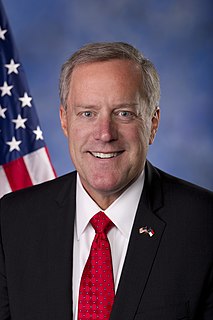A Quote by Barton Gellman
As digital communications have multiplied, and NSA capabilities with them, the agency has shifted resources from surveillance of individual targets to the acquisition of communications on a planetary scale.
Related Quotes
To do that they, the NSA specifically, targets the communications of everyone. It ingests them by default. It collects them in its system and it filters them and it analyses them and it measures them and it stores them for periods of time simply because that's the easiest, most efficient, and most valuable way to achieve these ends. So while they may be intending to target someone associated with a foreign government or someone they suspect of terrorism, they're collecting you're communications to do so.
I believe that when [senator Ron] Wyden and [senator Mark] Udall asked about the scale of this, they [the NSA] said it did not have the tools to provide an answer. We do have the tools and I have maps showing where people have been scrutinised most. We collect more digital communications from America than we do from the Russians.
The most striking thing Snowden has revealed is the depth of what the NSA and the Five Eyes countries [Australia, Canada, New Zealand, Great Britain, and the US] are doing, their hunger for all data, for total bulk dragnet surveillance where they try to collect all communications and do it all sorts of different ways. Their ethos is "collect it all."
So, in 1993, in what was probably the first salvo of the first Crypto War, there was concern coming from the National Security Agency and the FBI that encryption would soon be incorporated into lots of communications devices, and that that would cause wiretaps to go dark. There was not that much commercial use of encryption at that point. Encryption, particularly for communications traffic, was mostly something done by the government.
Snowden grants that NSA employees by and large believe in their mission and trust the agency to handle the secrets it takes from ordinary people - deliberately, in the case of bulk records collection, and 'incidentally,' when the content of American phone calls and e-mails are swept into NSA systems along with foreign targets.
What we're really debating is not security versus liberty, it's security versus surveillance. When we talk about electronic interception, the way that surveillance works is it preys on the weakness of protections that are being applied to all of our communications. The manner in which they're protected.
The internet exchange is sort of the core points where all of the international cables come together, where all of the internet service providers come together, and they trade lines with each other. These are priority one targets for any sort of espionage agency, because they provide access to so many people's communications.



























